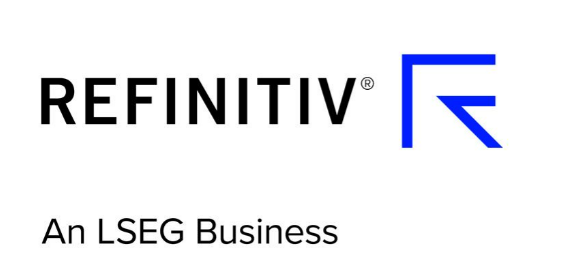British parents’ obsession with cash has knocked £3.4bn off JISA returns
JISAs could have made 10.6% a year from global equities or just 2% from cash.
- Emma Wallis
- 2 min reading time

Source: Trustnet
More than 60% of junior ISAs (JISAs) are held in cash, meaning that families are missing out on gains they could potentially make from investing in the stock market.
Wealth manager Quilter calculates that the UK’s child savers have lost out on £3.4bn by sheltering in cash rather than investing in the stock market since JISAs were introduced in 2011.
Quilter has assumed a 2% annual return from cash accounts since 2011 because although some cash accounts offer double that amount currently, the past decade or so includes many years of ultra-low interest rates.
By comparison, the average fund in the IA Global sector has returned 250.8% in total or 10.6% on an annualised basis since JISAs became available on 21 November 2011.
Parents and grandparents across the UK have invested an average of £530m in JISAs every year since 2011. These accounts are now worth £5.6bn, having generated a 2% compound annual return from cash since 2011, Quilter said.
Had the JISAs been funnelled into global equity funds instead they would now be worth £9bn (based on the IA Global sector peer group) – hence the £3.4bn shortfall.
Ian Futcher, a financial planner at Quilter, said: “Given interest rates have been relatively high recently due to inflation, many heads have been turned by attractive junior ISA cash saving rates. People perceive cash as risk free despite inflation decreasing its real terms value and choose not to face the potential volatility inherent to the stock market even though it has historically given better returns.”
Sheltering in cash means that child savers “miss out on the miracle that is compound growth,” he continued, as JISAs have long enough time horizons to ride out periods of short-term volatility in equity markets.
Tim Bennett, head of education at wealth manager Killik & Co, added that confusing saving with investing is a classic but costly mistake.
“The difference between these two key words is simple – saving is putting cash away, whereas investing is all about buying and holding securities, such as bonds and equities,” he explained.
“The problem with confusing the two is it can lead to people keeping too much cash to one side and underinvesting. Over time, this leads to inflation-driven wealth erosion.”
For parents considering moving their JISA out of cash and into the stock market, Trustnet asked several experts about the right mix of investments for a JISA and which funds to choose.
Important legal information
The Lloyds Bank Direct Investments Service is operated by Halifax Share Dealing Limited. Registered Office: Trinity Road, Halifax, West Yorkshire, HX1 2RG. Registered in England and Wales no. 3195646. Halifax Share Dealing Limited is authorised and regulated by the Financial Conduct Authority, 12 Endeavour Square, London, E20 1JN under registration number 183332. A Member of the London Stock Exchange and an HM Revenue & Customs Approved ISA Manager.

The information contained within this website is provided by Allfunds Digital, S.L.U. acting through its business division Digital Look Ltd unless otherwise stated. The information is not intended to be advice or a recommendation to buy, sell or hold any of the shares, companies or investment vehicles mentioned, nor is it information meant to be a research recommendation. This is a solution powered by Allfunds Digital, S.L.U. acting through its business division Digital Look Ltd incorporating their prices, data news, charts, fundamentals and investor tools on this site. Terms and conditions apply. Prices and trades are provided by Allfunds Digital, S.L.U. acting through its business division Digital Look Ltd and are delayed by at least 15 minutes.

Data provided by FE fundinfo. Care has been taken to ensure that the information is correct, but FE fundinfo neither warrants, represents nor guarantees the contents of information, nor does it accept any responsibility for errors, inaccuracies, omissions or any inconsistencies herein. Past performance does not predict future performance, it should not be the main or sole reason for making an investment decision. The value of investments and any income from them can fall as well as rise.

© 2024 Refinitiv, an LSEG business. All rights reserved.



